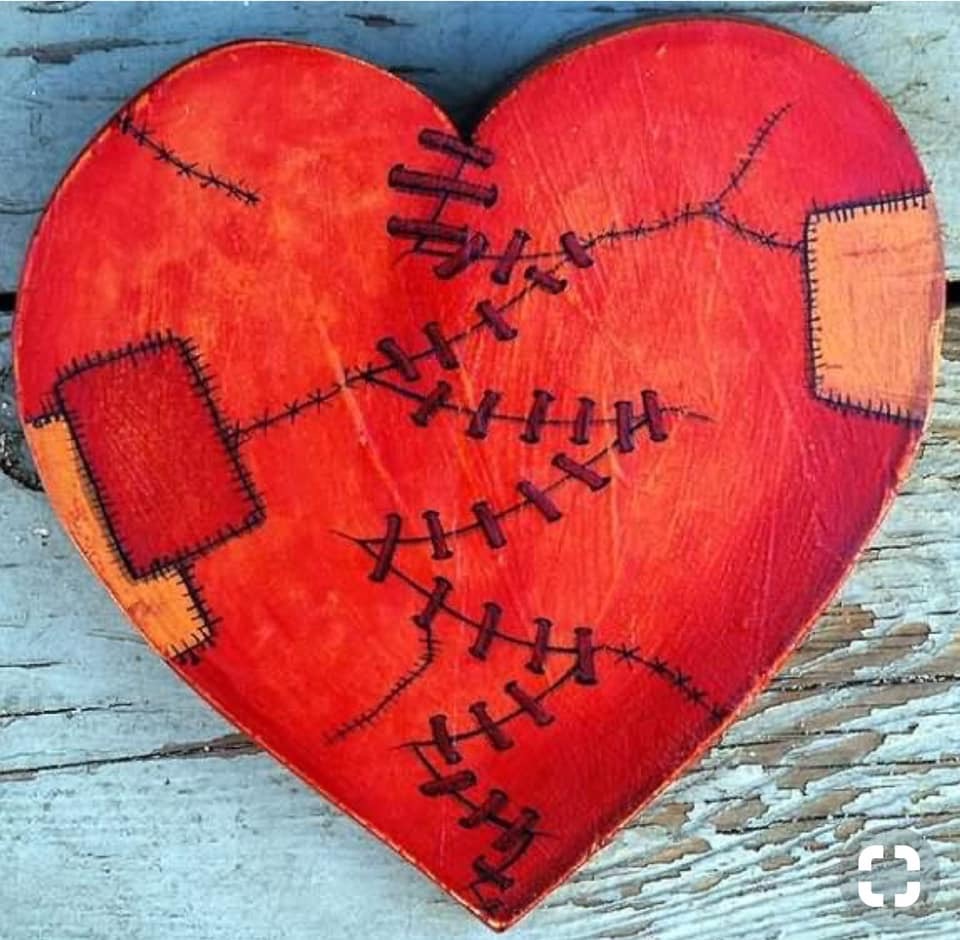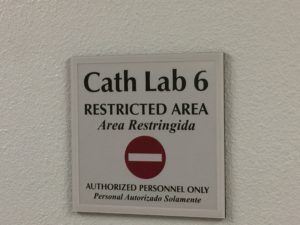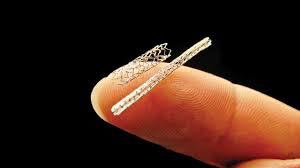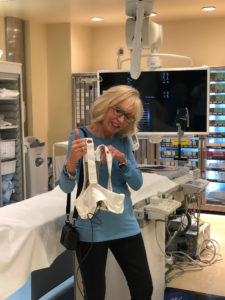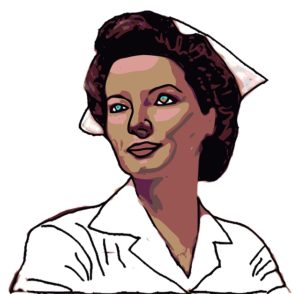GETTING THE “TWISTIES” – Just like Simone Biles in the Olympics
You may remember that in 2021, one of America’s most loved gymnasts suddenly faltered in a dismount from her balance beam routine.
Simone Biles startled the world by withdrawing from several events to prioritize her mental and physical well-being.
Known as ‘the Twisties,’ this mental block causes gymnasts to lose their spatial awareness while performing aerial maneuvers, making it difficult to control their bodies and land safely.
Biles described the sensation as feeling “lost in the air” and likened it to losing control of a familiar car. The Twisties can be triggered by various factors, including environmental changes, stress, and psychological pressures.
In Biles’ case, she mentioned feeling stressed even before arriving in Tokyo, which may have contributed to the onset of the Twisties. Biles’ experience with the Twisties sparked essential conversations about mental health in sports and the pressures faced by elite athletes.
She recovered and will participate in the 2024 Olympics demonstrating resilience and a continued passion for the sport.
I had a similar condition. I had a stroke in 2021 and lost my sense of balance. I would fall for no reason, feel unsafe, and need help managing steps and simple walking.
I learned balance therapy is big business now due to its effectiveness in addressing balance disorders, especially among older adults.
It focuses on retraining the brain to process sensory information from the vestibular system, vision, and proprioception to improve stability and reduce fall risk.
I’ve had seven physical therapists in four different physical therapy clinics help me re-learn my balance. I learned it is not in my feet and legs but in my brain. Those neuropathways automatically telling me which way to step, turn, or lift a foot had to be “re-grooved” in my brain.
The only way that happens is through repetition. My favorite therapist used to say, “Now do it one more time—the first time is for muscle memory, the second time is for the brain.”
Wow, what a learning experience. Do I have my balance back? Yes, for the most part, but I still have trouble stepping backward, raising my arms while moving my feet simultaneously, and going in a circle.
When I tell my friends I can’t do these things, they say, “Well, now that I think of it, neither can I!” It makes me feel better. ❤️
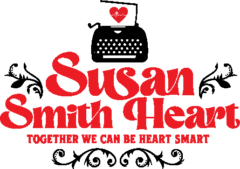





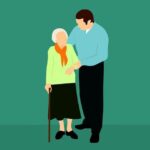

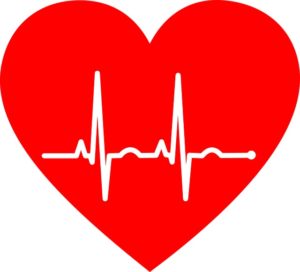 What I didn’t realize is it also common for women to use a plethora of descriptive language like “pressure, fullness, tightness” instead of the word pain.
What I didn’t realize is it also common for women to use a plethora of descriptive language like “pressure, fullness, tightness” instead of the word pain. My heart sister, Robin Olson, put up with three days of agonizing pain in her shoulder. Finally, she went to the ER at the hospital where she worked for the pain.
My heart sister, Robin Olson, put up with three days of agonizing pain in her shoulder. Finally, she went to the ER at the hospital where she worked for the pain.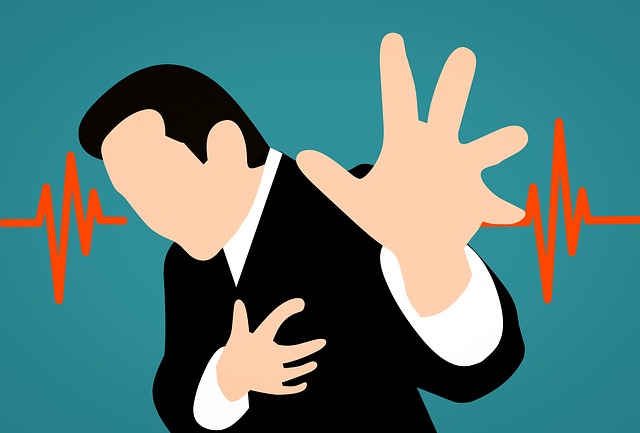 I blame those “Hollywood” heart attacks we see in the movies of men clutching their chests and collapsing from extreme chest pain. They fill our heads with what a heart attack looks like – and that is always Chest Pain.
I blame those “Hollywood” heart attacks we see in the movies of men clutching their chests and collapsing from extreme chest pain. They fill our heads with what a heart attack looks like – and that is always Chest Pain.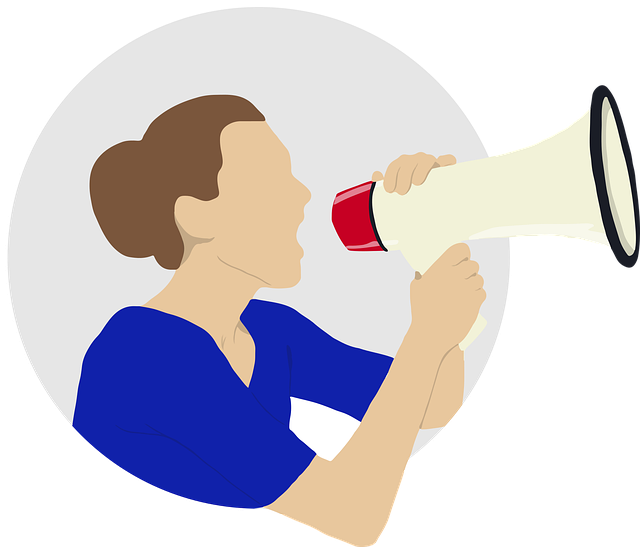 Next time you’re asked, “are you having chest pain” – describe your discomfort as something you know is a symptom for heart attack in women.
Next time you’re asked, “are you having chest pain” – describe your discomfort as something you know is a symptom for heart attack in women.